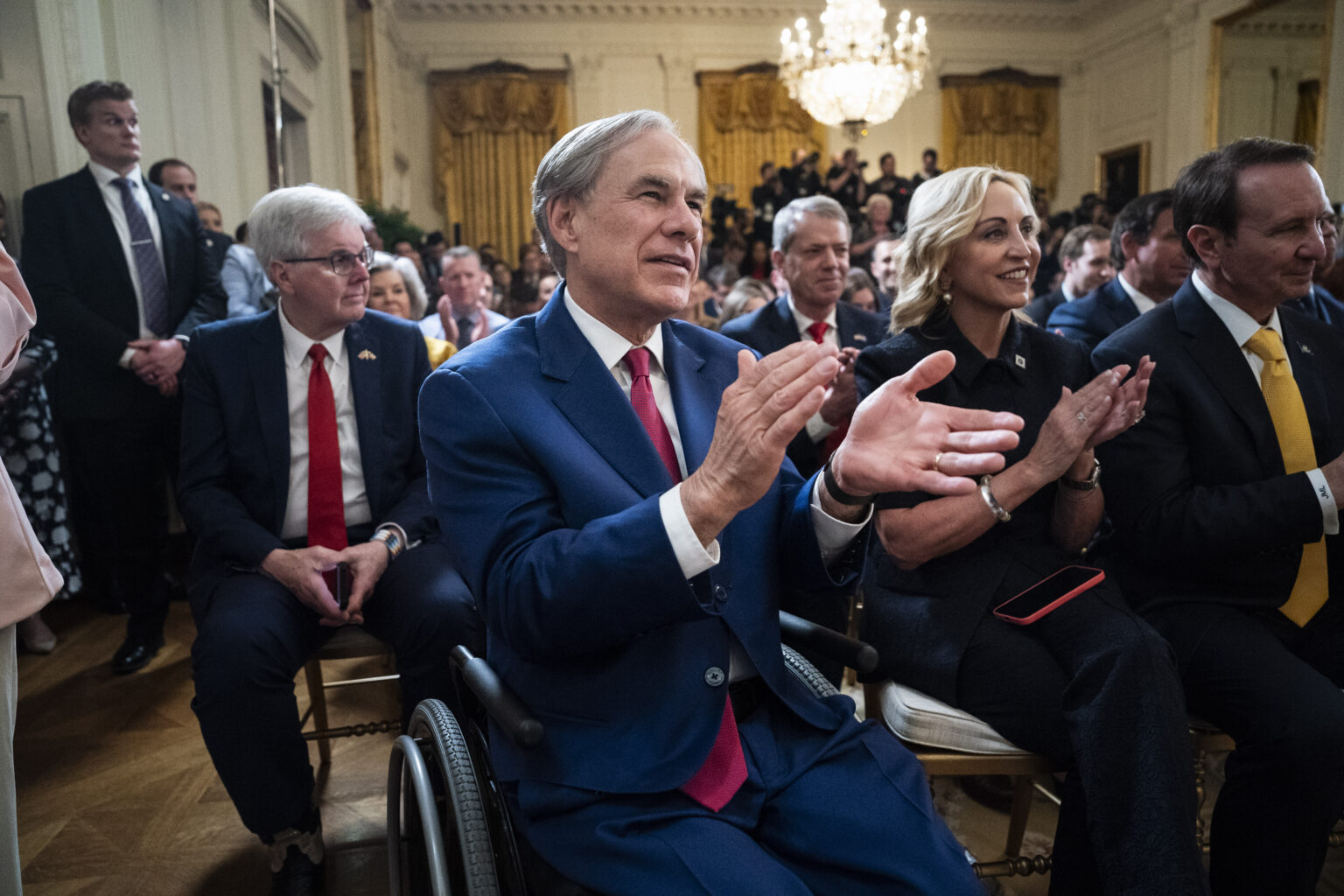Texas Prepares for Redistricting Amid Political Tensions and Federal Scrutiny
As the upcoming special legislative session in Texas approaches, state officials are gearing up to address a contentious issue: the potential overhaul of congressional district boundaries. Scheduled to commence on July 21, this session is set against a backdrop of federal concerns and shifting political strategies, with the primary focus on redistricting efforts driven by the state’s Republican leadership.
Background and Context of the Special Session
Governor Greg Abbott (R) announced the special session last Wednesday, emphasizing that its main purpose is to consider legislation that would implement a revised congressional redistricting plan. This move is reportedly in response to constitutional issues raised by the U.S. Department of Justice, which has expressed reservations about Texas’s current district maps. Interestingly, Abbott initially called the session to address other legislative priorities, leaving redistricting as a later addition to the agenda.
Redrawing district lines is a process typically undertaken every ten years following the national census, which provides updated population data. However, Texas’s decision to revisit district boundaries mid-cycle is unusual and signals strategic political maneuvering ahead of the 2024 midterm elections.
Implications for Political Power and Electoral Outcomes
With Republican majorities in both chambers of the Texas Legislature, the redistricting effort could significantly influence the balance of power in Congress. A favorable redraw could strengthen the GOP’s slim majority in the U.S. House of Representatives. Conversely, some Republican lawmakers have expressed concerns that aggressive redistricting might backfire, risking the safety of incumbent conservatives and potentially diminishing their electoral advantages.
Legal Battles and Federal Oversight
The Justice Department’s involvement in Texas’s redistricting saga dates back to March when it withdrew from a lawsuit alleging that the state’s district maps discriminated against Black and Latino voters. This lawsuit, initiated during President Joe Biden’s administration, argued that the maps diluted minority voting power by splitting communities of color and creating unequal opportunities for electoral participation.
Data from the 2020 Census revealed that Texas’s population growth has been predominantly driven by communities of color, making the issue of fair representation even more pressing. The previous redistricting cycle saw Republicans craft maps that favored their electoral prospects, notably in South Texas, where they have increasingly targeted Hispanic voters. For example, Republican Monica De La Cruz successfully flipped a district previously held by a Democrat after the new boundaries took effect.
Partisan Perspectives and Political Rhetoric
The Texas Republican Party has framed the redistricting effort as a vital step to maintain GOP control and advance the national agenda associated with former President Donald Trump’s “America First” policies. They argue that redistricting is essential to safeguarding their electoral gains and countering demographic shifts.
Meanwhile, the Democratic Party in Texas contends that the redistricting plans are being manipulated at Trump’s behest to mitigate anticipated Democratic losses. They accuse Republicans of designing districts that favor their candidates while undermining the voting rights of minority communities. A statement from the Texas Democratic Party described the process as a “power grab” aimed at disenfranchising voters who oppose the Republican agenda and protecting Trump’s influence.
Criticism from National Democratic Leaders
National figures, including House Minority Leader Hakeem Jeffries (D-New York), have criticized Governor Abbott’s decision to include redistricting in the special session. Jeffries condemned the move as a distraction from critical issues like flood response and emergency preparedness, accusing Republicans of prioritizing partisan gerrymandering over urgent public safety concerns.
Broader Political Strategies and Federal Initiatives
The redistricting debate is part of a broader national conversation about electoral fairness and voting rights. The National Democratic Redistricting Committee, founded by former Attorney General Eric Holder, has accused Texas Republicans of attempting to engineer a more favorable map to benefit their candidates in the 2026 midterms. They argue that existing maps already suppress minority voices and that further gerrymandering would deepen these disparities.
Adding to the political tension, former President Donald Trump has expressed support for legislation proposed by Rep. Marjorie Taylor Greene (R-GA), known as the “Making American Elections Great Again Act.” This bill aims to revise the census process by counting only U.S. citizens, which would influence how districts are redrawn and could potentially favor Republican candidates. Trump publicly endorsed the bill, suggesting it would be highly popular and likely to pass.
Legal and Constitutional Challenges
The Trump administration previously attempted to include a citizenship question in the 2020 Census, but the Supreme Court blocked this effort in 2019, citing concerns over the government’s justification. The current push for census reform and redistricting reflects ongoing debates about voting rights, representation, and the integrity of the electoral process.
Looking Ahead
Texas’s special session is limited to 30 days, with the possibility of multiple sessions being called by the governor. Historically, Abbott has convened several special sessions within a single year, often focusing on contentious issues like redistricting and emergency response. As the session unfolds, observers will be watching closely to see how the maps are redrawn and what impact they will have on Texas’s political landscape.
In the broader context, the redistricting efforts in Texas exemplify the ongoing struggle over voting rights and electoral fairness in the United States, highlighting the deep partisan divides and the strategic use of legislative tools to shape future elections.

